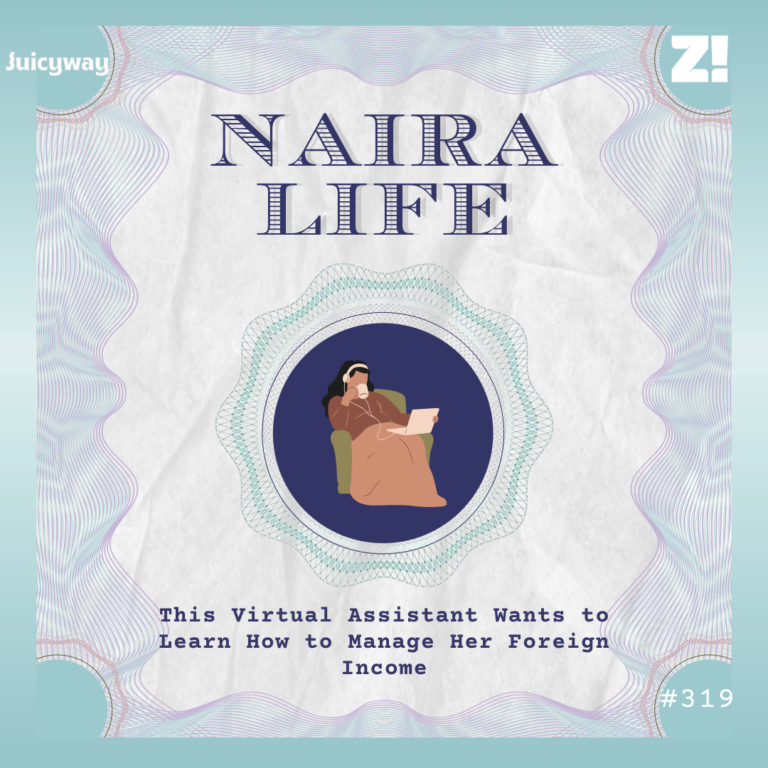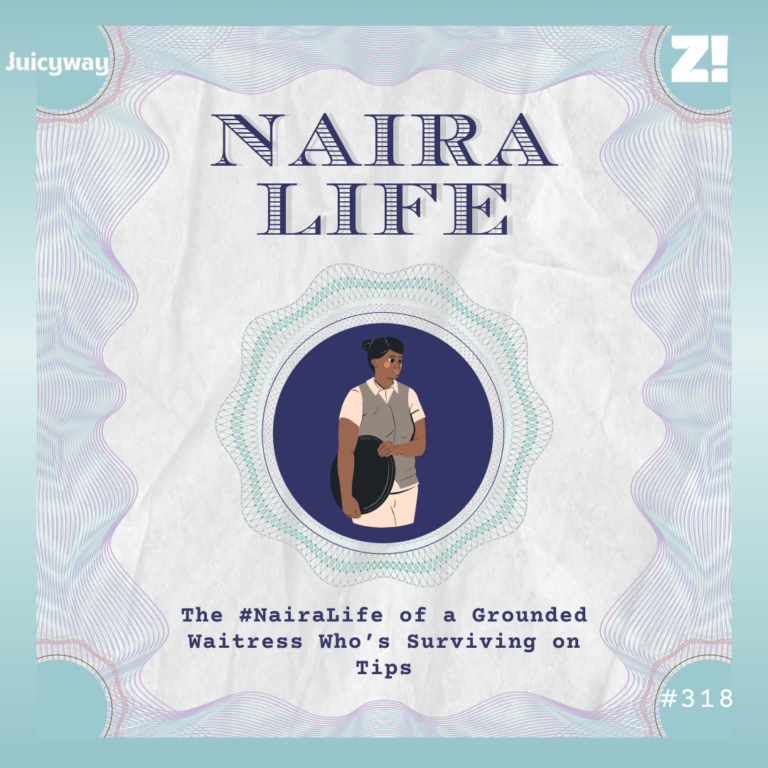Every week, Zikoko will share the hustle stories of Nigerians making it big in and out of the country. With each story, we’ll ask one crucial question in several ways: “How you do am?”
We recently shared Zainab Ayodimeji’s hustle story — how she decided her Agricultural Engineering degree wasn’t going to give her the soft life she wanted, and how a little bit of vibes, strategy and pure luck led her to a successful data scientist career.
Now that you know how she did it, this guide will take you step-by-step on how you can become a data scientist too.

Image source: Pexels
In simple terms, a data scientist is a professional who collects, analyses and interprets data to solve problems and drive decision-making.
You know how you’d sample food from different “mama puts” before settling on the one who has the best food or whatever criteria you choose? That’s a data-driven decision. Data science is kinda like that, but it’s definitely more technical.
In technical terms, a data scientist is an analytical expert who uses a range of sources like data mining, artificial intelligence and machine learning to extract and interpret large amounts of data. The purposeis to help businesses make the right, data-driven decisions.
While there are opportunities for data scientists to work in different industries, their roles are largely the same across the board.
For instance, a data scientist in the business industry would mine data for information which would be used to predict consumer behaviour or even new revenue opportunities.
Every time you see targeted ads when you log in to Facebook and Instagram and think, “Are these people in my brain?” It’s because of a data scientist’s work.
How?
Your data helps them analyse the types of pages you’ve liked or spent too much time on. They then use the information to decide what kind of ad you’re most likely to respond to.
Isn’t that witchcraft, though?
No, it’s not witchcraft. Data science employs practical skills like computer programming, mathematics, statistics, and analytics to make this happen. If these subjects were your best friends in school, a data science career might be your calling.
If somehow, the idea of tackling raw data till it makes sense sounds sexy to your ears, then by all means, consider this career path.
Some other personal characteristics you’ll find useful include critical thinking, intellectual curiosity and good intuition. You’ll need these attributes when you analyse data.
Both career paths deal with data. But while data analysts work with and analyse existing data using deep learning algorithms and AI-fueled programs, data scientists explore new ways of extracting the data that a data analyst may end up using, i.e. building the algorithms or programs by themselves.
Essentially, while data scientists can do the work of data analysts, the analyst would require more skills to transition to data science.
“School na scam” doesn’t apply to this career path. You’ll need a science-backed degree like computer science, engineering, mathematics etc. Many data scientists go further to earn postgraduate degrees. Zainab even got a master’s degree in artificial intelligence before fully switching to data science.
Even if you don’t go to school the second time around, you’ll need expert training in programming languages like R, Python, SQL, C or Java and have strong mathematics and statistics skills. There are various data science training courses and platforms like Tableau that’ll also provide you with these skills.
You might be thinking, “Do data scientists make money in Nigeria, though?” Yes, they do.
Depending on your years of experience, you can make between ₦200k – ₦1.5m per month. Entry-level roles may offer less money, and sometimes to build experience and network, beginners in data science seek out internship roles first.
The demand for data scientists in Nigeria is on the rise, especially because many businesses now depend heavily on data and new technologies.
To succeed in a data science career, you’ll need to make consistency your best friend. For Zainab, this meant taking classes to upgrade her knowledge and plugging her work on Twitter, basically creating a portfolio.
The more you focus on learning, practising and showcasing your skills, the quicker you’ll become a pro and become visible to organisations that need you.
NEXT READ: Everything You Should Know About Becoming an Actor in Nigeria




